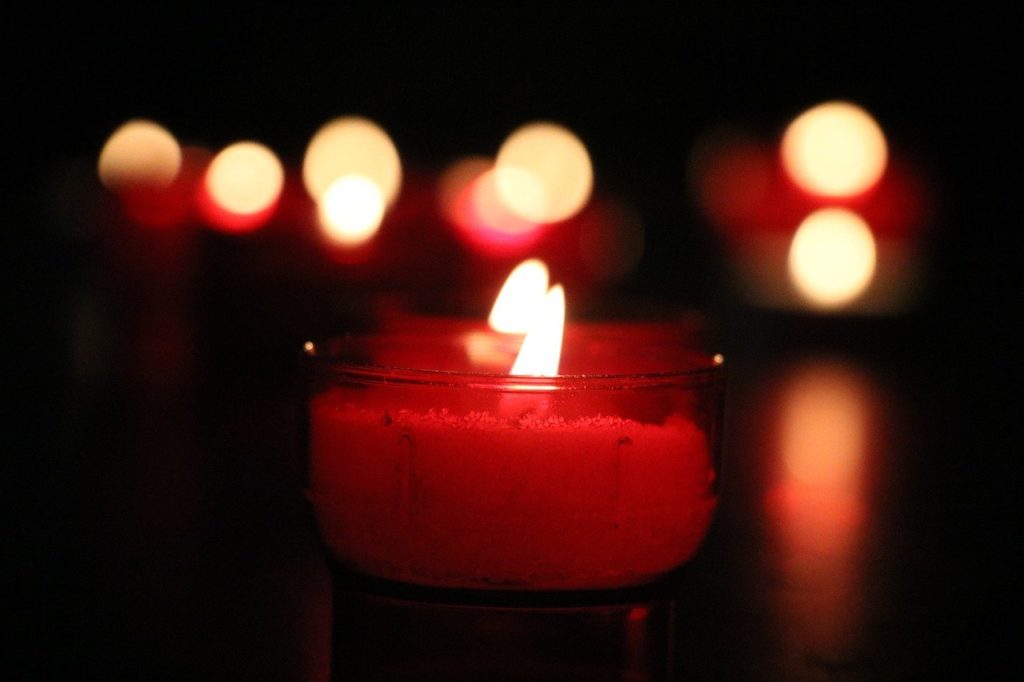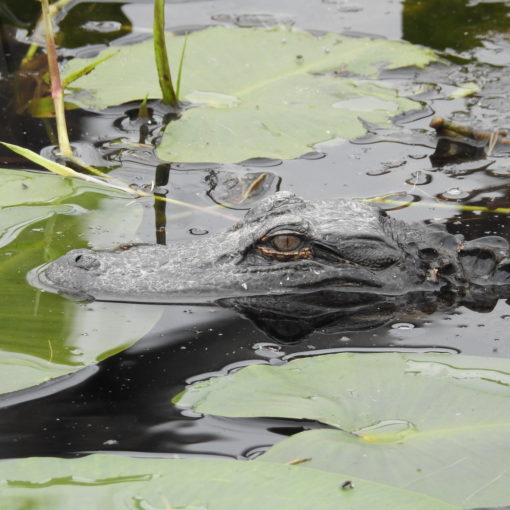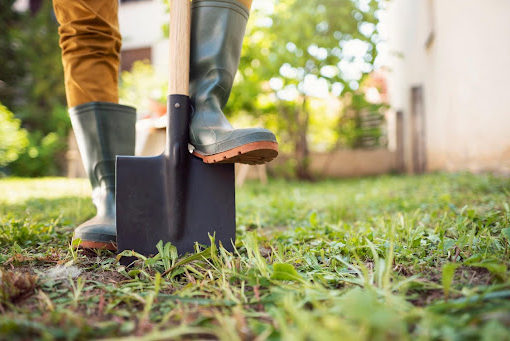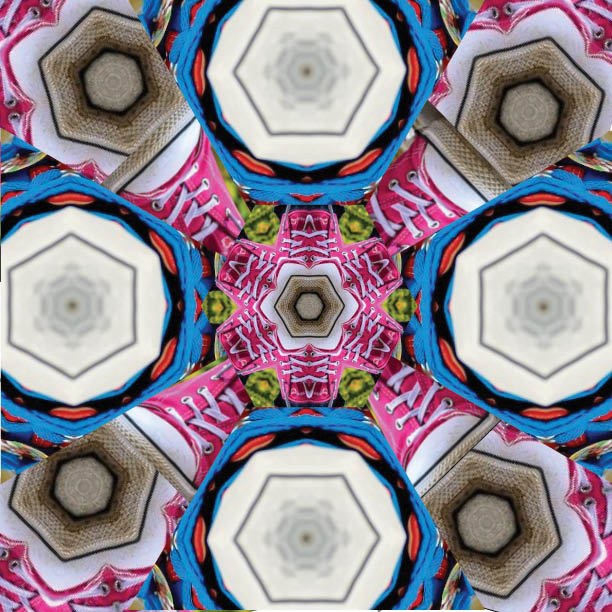by Carol S. Hyman

It’s that time of year again, only this year it’s different.
When I was a child, pondering the question of what I wanted for Christmas was pretty much a year-round activity. Even if my wildest desires had to be whittled down to the best I could hope for, it was still endlessly entertaining. Back then I secretly doubted that it was more blessed to give than to receive but over the years that would change.
The delight of seeing my own children opening gifts made the blessing obvious. Then, as holiday giving began to entail increasingly lengthy lists, the blessing sometimes felt more like a chore. Looking back at how budget and sensibilities varied through the decades, what I remember best is the exhilaration of one year finishing Christmas shopping before Thanksgiving.
Later, as the people on my list had the resources to buy for themselves anything they really wanted, the dynamics of giving altered again. I found myself prowling small local shops, looking for something I hoped would – even before Marie Kondo made the phrase popular — “spark joy” in those I love, rather than being just one more thing they had to put somewhere.
This year random walks through retail establishments are out. And I suspect I’m not alone in experiencing an inner shift regarding generosity. Stuff is losing some of its appeal. That raises provocative questions. What if an economy that depends on constant consumerism is actually the opposite of a healthy one? If we don’t give, or want, stuff, what do we give? What does generosity look like in the midst of a pandemic?
We hear a lot about the importance of self-care, which is a way of being generous to ourselves, and I suspect we all find little private pleasures to help pass the time at home. One of mine is reading advice columns, often with appreciation of the wisdom and perspective the columnists bring. But sometimes they miss something that seems obvious. To me, at least.
For example, take one recent advice-seeker. She (it could be he, but for simplicity’s sake, let’s stick with she) said she had ticked all her important life-list boxes — husband, job, apartment — and still felt there was “a ‘something else’ out there.” She invoked the hokey-pokey.
Remember that silly song and dance? It has, over the years, become a meme about questioning the meaning of life. And now, especially with the body politic putting its right and left arms and legs in and out, we might wonder: are forced cheer and repetitive motions until the end really what it’s all about?
The columnist — an astute and often wryly humorous woman — offered good common sense suggestions about making the most of what life hands us. But she didn’t address what was, to me, the lurking elephant, the hidden assumption in the question: what if that something we feel is missing is not “out there”? What if looking out there has us facing the wrong direction?
Although troubadour-philosopher Paul Simon probably wasn’t thinking of the hokey pokey, he riffed on the subject this way:
Look at that
Look at this
This is near enough to bliss
Then over the top we go and down
Down to the bottom
If you’re looking for worries
You got ‘em
That last bit points toward an insight that could help us deliver blessings all around. What if, instead of looking for worries — of which there are gracious plenty to go around these days – we spent our time looking for peace on earth?
If you’re on social media much, as many of us are since the pandemic shrunk the “out there” in which we work and play, you could be forgiven for thinking the idea of peace on earth is down for the count. Peace on earth starts with peace in human hearts and minds, and many of ours are in a perpetual uproar these days, sustained by righteous indignation. Left arm in, right arm out?
Most of the conflict stems, sadly, from a common desire: we all want a better world and think we can get it if we just change things “out there.” Trouble is, we have so many very different ideas about what a better world will look like and, of course, we all believe we’re right and those who disagree with us need to be converted or vanquished. Of course, they think the same thing about us. This does not create conditions conducive to peace on earth.
If I were the one responding to the woman seeking advice, I’d tell her that the “something else” she senses is “in here.” We find it in our minds if we’re willing to work with them instead of taking our inner experience for granted. The discovery that our minds are workable is a revelation. We don’t have to stay stuck in our opinions. This insight is the best gift you can give yourself.
When we start to recognize how filters of habitual thought patterns shape the world we perceive, we realize that when we’re absorbed in inner dramas, we can’t see the world, or the needs of its other inhabitants, clearly. By giving ourselves the gift of exploring our own minds, we find we can give others our attention in a more open-minded way. If we muster the effort to cut through our fixed mindsets, we can tell what people around us really need. It’s not usually our opinions.
When we round up for charity at checkout, deliver canned goods to food drives, or sponsor a family for the holidays, we don’t usually ask about the politics or religious beliefs of the recipients. A less tangible but perhaps more powerful generosity is the offering of your simple attentive presence. It conveys care and lets others feel seen as the part of the human treasure that they are. Whether you make time for a person who is melting down or blowing up, or offer a small gesture to someone in line who seems to feel the need to get ahead of you, when you pay attention with a kind attitude, you make the world easier for all of us.
Which reminds me of a slogan from the meditation tradition in which I trained: Generosity is the virtue that produces peace. Giving the willingness to step out of the bubble of self-absorption, giving the benefit of the doubt about others’ good intentions, giving an inch instead of trying to take a mile: in all these ways and so many more, our virtue can produce peace. In our own lives, which is, of course, very nice.
And also, possibly, peace on earth. Maybe that’s what it’s really all about.




